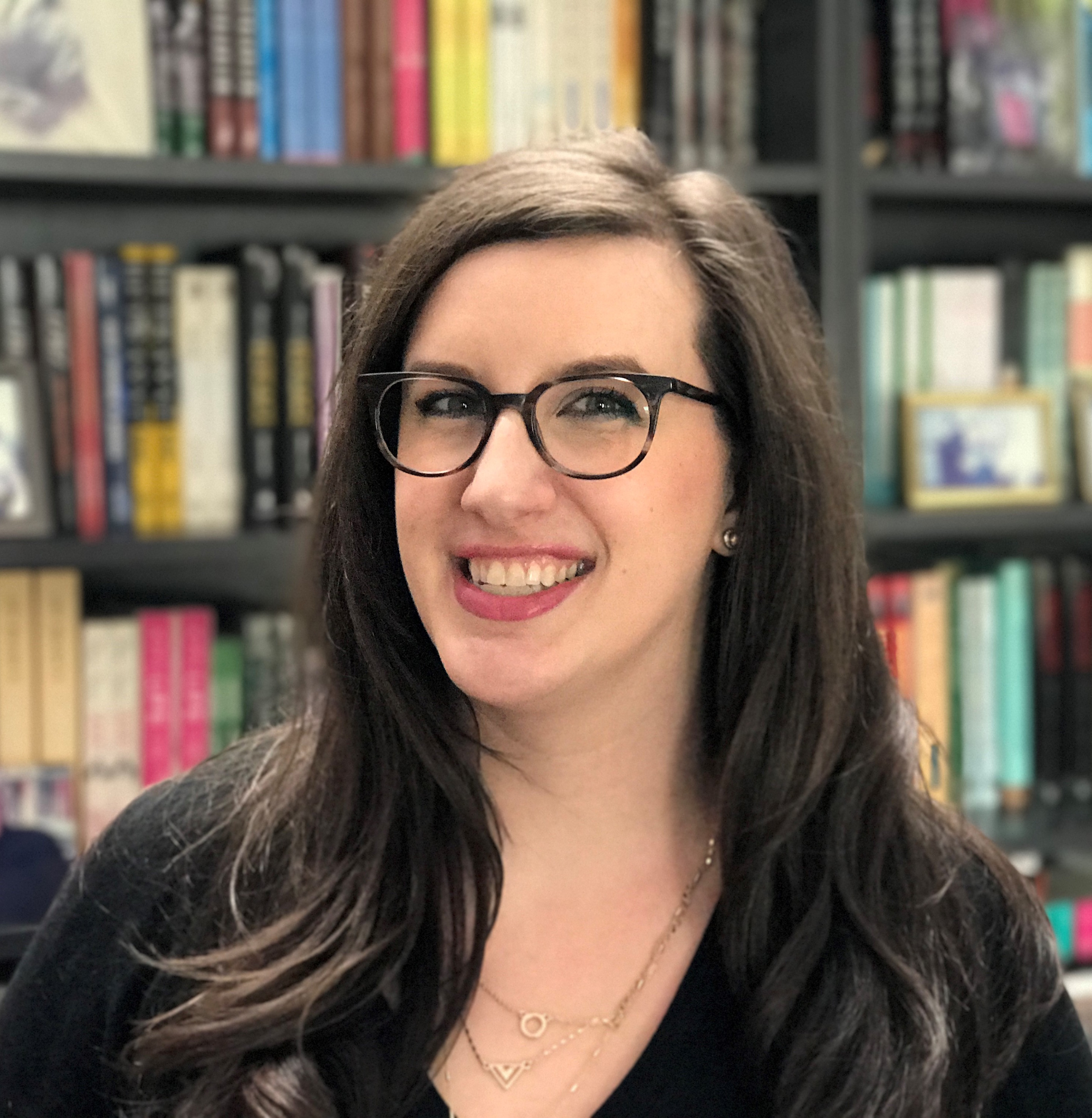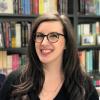Meet Agent Sharon Pelletier


Born and raised in the suburbs of Detroit, Michigan, Sharon Pelletier moved to New York in 2009 and joined Dystel, Goderich & Bourret in 2013 after working for Europa Editions and Barnes & Noble. She brings experience in marketing and production as well as extensive editorial expertise to her work as an agent.
While her interests are broad, Sharon is especially seeking upmarket fiction where a literary focus on craft meets a commercial attention to a propulsive plot with realistic, fully developed characters whose emotional tensions are relatable even when their circumstances are unusual. Favorite fiction categories include suspense and book club fiction. On the nonfiction side, Sharon is eager for compelling, fierce narrative nonfiction by journalists and experts and select platform-based practical nonfiction. In all categories, she particularly welcomes marginalized voices.
To learn more, follow her on Twitter.
***
How long have you been an agent, and what did your career path look like?
Do you want the long version or the short version! I’ve been with my agency just over seven years. I worked at Barnes & Noble fresh out of college then got a job writing copy for a real estate marketing firm. That was super boring—and not a great industry to be in at the height of the recession—so I decided to follow my lifelong goal of moving to New York. A flawless recession plan! It worked out . . . eventually. I worked at B&N again for a year or so while interning and attending every networking event I could. That led to a couple of editorial positions for small presses then freelancing my way through a layoff. Finally, thanks to a mutual friend, I heard about an opening at DG&B, and it turned out to be the perfect fit. Here I still am!
What's your favorite part of your job?
Being one of the first people to read an amazing book! And then getting other people excited about that book and being a part of building a pathway to readers who will love it. All my life I’ve gushed about books I love and recommended the perfect read to someone, and as an agent I get to do that professionally, day after day. I also really love the creativity involved in working editorially with a writer: identifying pacing or plot problems and seeing how they solve them, hearing their early ideas, watching their prose grow from book to book—that’s a thrill and very creatively fulfilling for me.
What do you look for in an author to potentially represent?
Artistically, I look for voice: regardless of genre, it’s that blend of confidence, atmosphere, and surprising detail, fused together by the indefinable something on the page that earns my trust as a reader and my excitement as a professional. Voice is also important beyond just the potential of this book—publishing is a tough and fickle industry, and voice tells me that I’m likely to love your next book and the one after that and the one after that as much as this one, whatever happens with this one.
From a business standpoint, I love to partner with authors who are somewhat familiar with the publishing world via research and/or networking, who value feedback even if it stings, and who write for its own sake. The first two in that list will serve us both well when it’s time to set expectations, discuss next steps, implement tough revision advice, or shake off disappointing reviews. And the last one means that, for all that we sometimes work together to treat the work as product as well as art, you’re still chasing the art, not the fame and fortune, and that keeps a writer going through the bleaker times in a project or a career. For nonfiction, in addition to all of this, I’m also thinking about whether the author has a strong platform to support their work and earn publishers’ enthusiasm.
What do you look for in a project to potentially represent?
Voice, as mentioned above, is really important! In fiction, I’m looking for a fresh, intriguing hook that snags my interest as a reader right away. As I’m reading a promising project, I’m thinking about pacing, character development, and fundamental theme. Is the plot moving too fast or to slow? Is the main character changing for better or worse over the events of the story? Are the secondary characters people in their own right or props to hold up the plot? What is this book saying about the world we living in, the experience of being human, the struggles of this specific life transition? When the answers to any of these questions fall short, then I think about what the fix would be—if it feels like a huge rewrite that is not ready for me to come on board or if I think I can be a good partner in that fix. I also think about where the book would fit in the market —am I already thinking of strong comps and editors I’m excited to share this with?
For nonfiction, I’m thinking about competition, target readership, breadth and focus, and timeliness. Do other books like this exist, how are they selling, and how is this book different? Who is this book intending to help or exhort and will it appeal to them? Is this topic broad enough to expect a strong readership and support a book-length consideration but also focused enough to allow a deep dive and/or clear takeaways? Is this topic something that matters to readers right now and will also matter in two years when the book comes out—is there a chance this topic will still matter in five years, ten years?
Register for Wordsmith for a chance to meet with Sharon! Already registered but not yet scheduled for a pitch or consultation? Sign up here.
